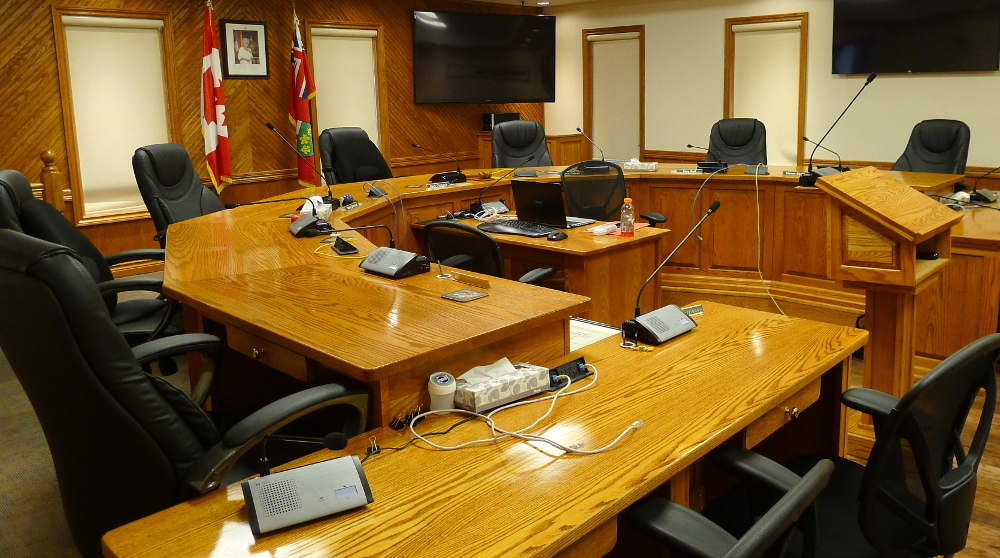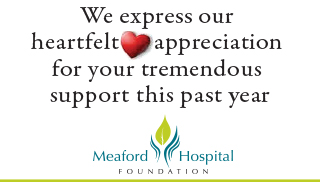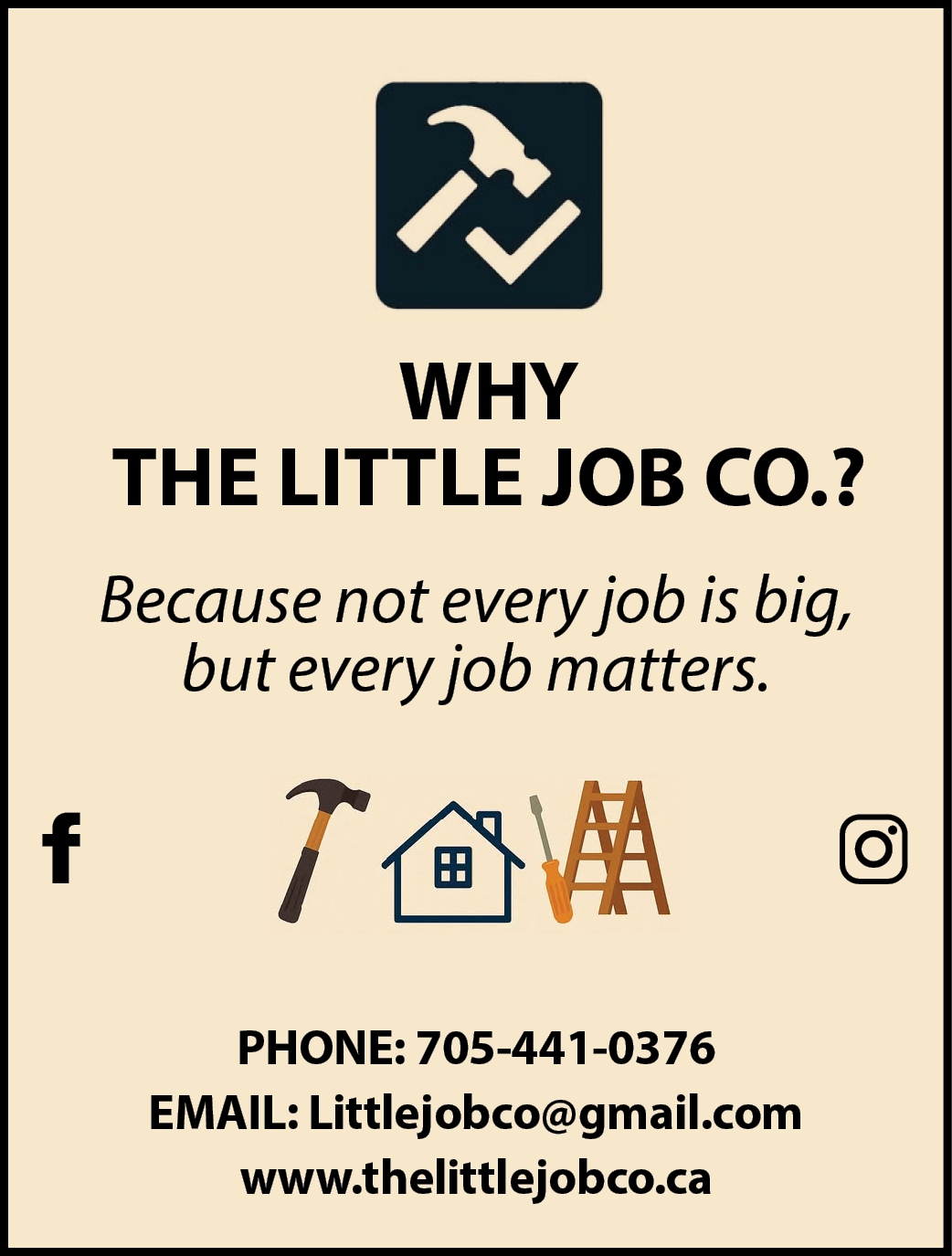Meaford’s council appears to be divided on a proposal that would implement an annual one percent levy dedicated to affordable housing initiatives.
During council’s September 25 meeting, staff provided a report that had been requested by council after a motion put forward by Councillor Harley Greenfield in June of this year. The report outlined the potential for the levy, which could generate $160,000 per year beginning in 2024. As the report was for information purposes only, there was no binding decision to be made during council’s meeting on Monday.
“Imposing a one-off 1% levy would result in a budget of approximately $160,000 per year, beginning in 2024. A compounding 1% annual increase would result in funding of approximately $960,000 for the remainder of the 2022-2026 term of Council,” staff advised in their report.
Councillor Steve Bartley told council that even for information purposes only, he could not support the motion to receive the document. Bartley noted that housing has never been the domain of lower tier municipalities in Ontario.
“I cannot support this. The jurisdiction of affordable housing is under the county, they receive money from the province, and they look after this,” Bartley told council. “We have a hard enough time getting money from the province to do our infrastructure deficit, let alone try and get money for this. Having said that, is the municipality going to go into the real estate business? That means more employees, you raise the taxes for this, it’s going to employees to run a housing project.”
Councillor Bartley was not alone in his opposition to the proposal. Councillor Tony Bell noted that council has enough on its plate with infrastructure challenges and other municipal issues without attempting to wade into affordable housing.
“We all have a real desire to do the very best that we can, and this subject of affordable housing has been discussed at all levels of government, from the Feds on down, the entire country of Canada. And so here we are for information purposes about assigning a full percentile to try and do something,” Councillor Bell told council. “The harsh reality is that we really can’t do all things for all people in all places for all reasons.”
Deputy Mayor Shirley Keaveney defended the concept.
“I very much appreciate the comments from Councillors Bell and Bartley, and I think there’s many different ways to look at this,” Keaveney told council. “I want to thank Councillor Greenfield for this motion that was brought to us some months ago. I think, when we look at affordable housing, part of the struggle is defining the term, because we know the county is responsible for what I’ll call social housing, subsidized housing, and that type of ability to put roofs over people’s heads. When we talk here in this particular motion about affordable housing, I see that more as worker-based housing, or as Councillor Greenfield addressed it as income-based.”
The Deputy Mayor acknowledged that there would be an impact on local ratepayers, and she suggested that part of what the municipality needs is to grow its tax base in order to have more ratepayers to share the load.
“We need more of us to share the load, and bringing in some affordable housing is one way of reaching that goal,” Keaveney suggested.
For the past several years, council has allocated three specific tax levies for roads, bridges, and municipal facilities infrastructure needs that total 2.5 percent, however if council were to approve the proposed levy for affordable housing initiatives, the minimum rate increase for Meaford ratepayers in 2024 would be 3.5 percent before any departmental increases were factored in.
“These three increases were put in place as part of a long-term asset management strategy following recommendations in reports and master plans received by the Municipality. All of those reports recommended that the annual increases be kept in place on an ongoing basis to partially bridge the funding deficit for necessary capital works. As such, it is important that these levies remain in future budgets, and are not replaced by other levies, such as one for housing,” staff noted in their report to council. “If Council were to add an additional 1% levy to be dedicated to housing issues in the 2024 budget, it would provide approximately $160,000. The additional levy would mean that the increase to the budget in 2024 would start at 3.5%, before any increases in operating costs, service levels, or general capital expenditures was taken into account.”
Councillor Rob Uhrig noted that even if council were to approve the proposed levy, it would be unlikely to have much impact on the affordable housing crisis being experienced across the country.
“My concern is that it is a numbers game. Meaford has 11,500 residents approximately, and we know that one percent (levy) brings in approximately $180,000 at this time. In 10 years it would be $1.8 million. It wouldn’t even make a dent in the amount of affordable housing that we would need to compensate for what’s happening in society,” Uhrig told council, adding that, “I don’t see how we can afford to play that game, we don’t have the pockets.”
Ultimately council voted 5-2 in favour of accepting the report for information purposes only, with Councillors Bartley and Bell voting against. The proposal will be discussed further by council later this year during budget deliberations.












